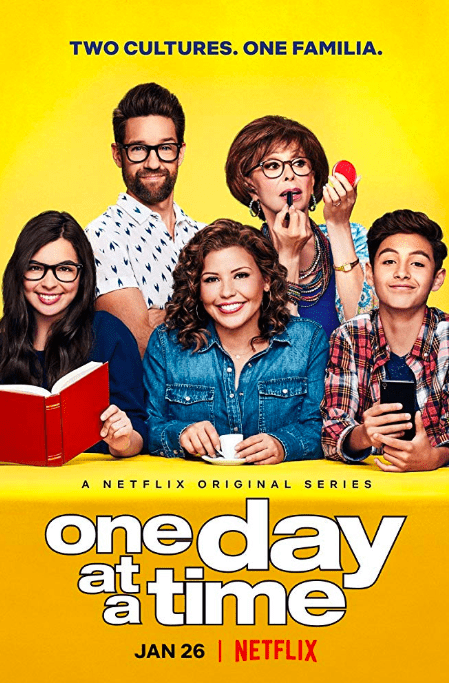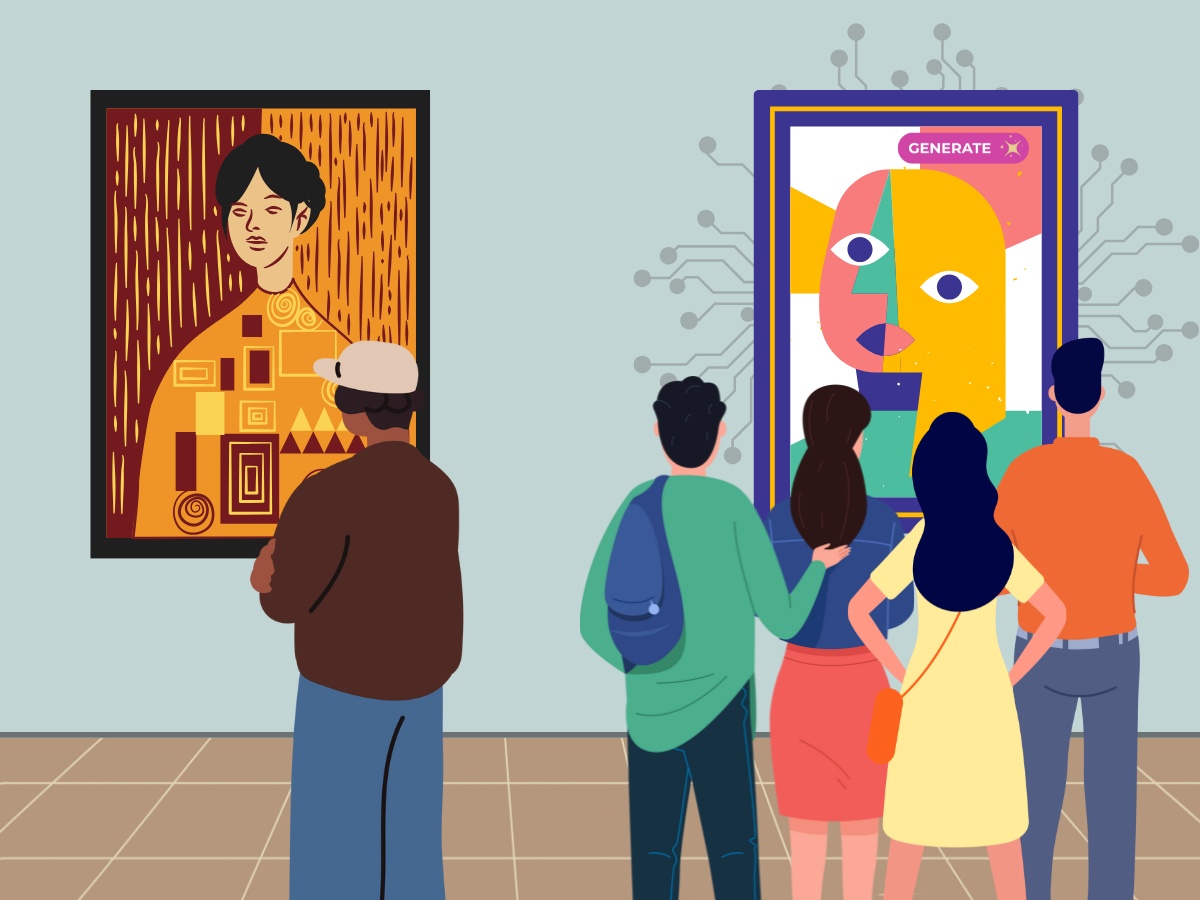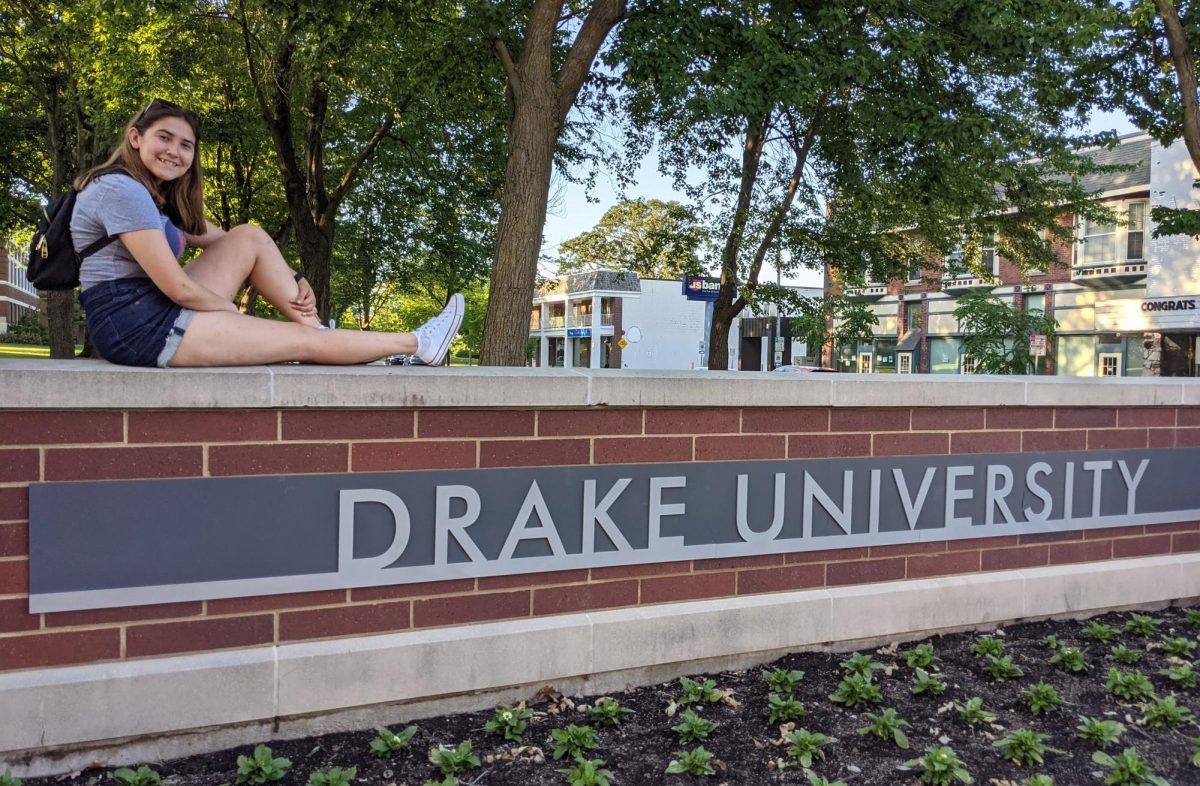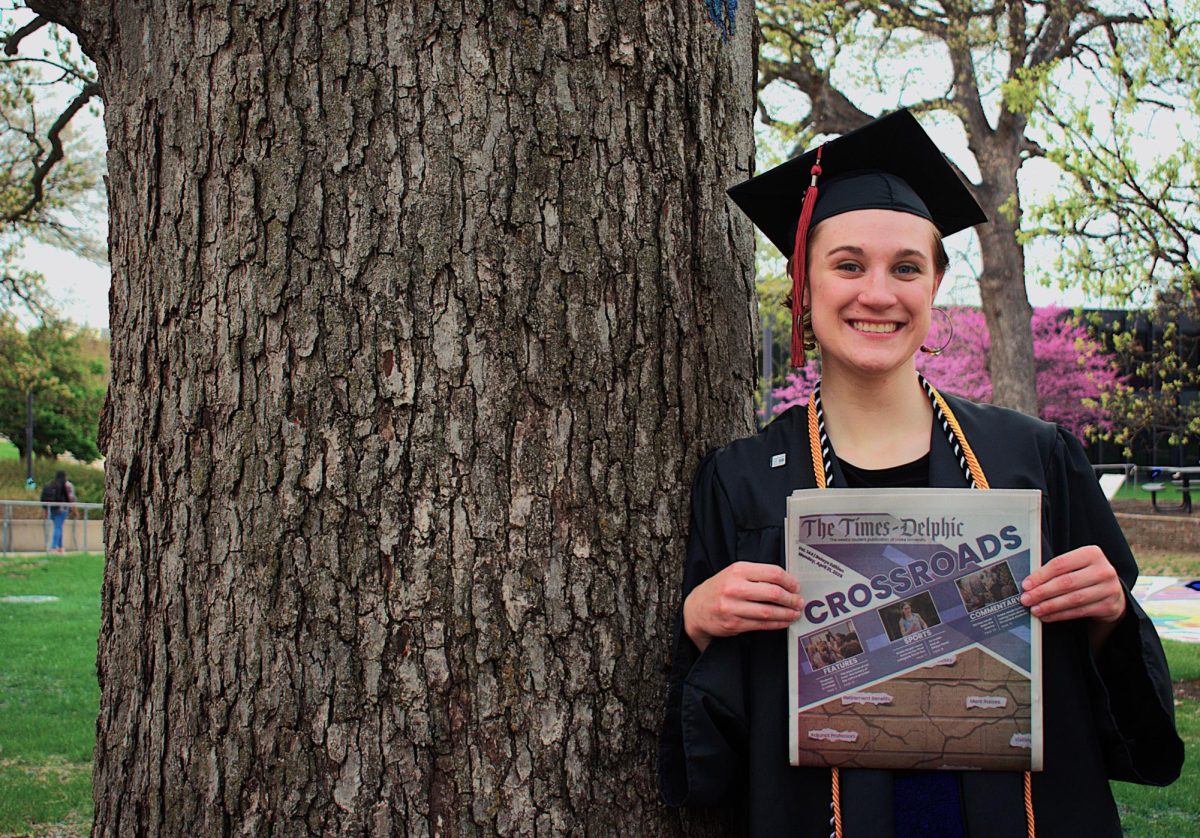By RACHEL JAMES
Over the spring break I tragically caught a cold, this meant for the first half of a week that should have been filled with sunshine and friends was instead filled with tissues and Mucinex. However, with all this sudden free time, I turned to my real best friend, Netflix. I decided to watch this cute little family show called One Day at a Time, which is a remake of the Norman Lear original by the same name.
The show follows a Cuban-American family in everyday life. It features a single Army veteran mother, a daughter who comes out as lesbian, a young boy grappling with growing up in a house full of women and a funny grandmother (Rita Moreno, aka a national treasure) who immigrated to America. Now, I watch a fair amount of television but what sets this show apart is the number of serious topics they touch on and its heart. From alcoholism to PTSD to immigration to issues involving the LGBTQ+ community, One Day at a Time has something relatable for everyone. This show really displays the triumph of the human spirit and will warm your heart while making you think.
So, imagine my surprise, when I go on Twitter to force all my friends and family to watch so I have someone to talk about it with, when I see that Netflix, my so-called best friend, elected to cancel my new feel good show. Confused, I took to the internet for my answers. Critics loved One Day at a Time and it has a 98 percent rating on Rotten Tomatoes. But Netflix cites that not enough viewers watched it to continue producing it, which I found particularly ironic after Netflix’s recent “commitment” to diversity. It’s a shame that the show didn’t have more viewers, but the fact is that Netflix paid $100 million to keep streaming Friends, that Netflix renewed 13 Reasons Why which (continues to receive flack even today), and then canceled a show that is emblematic of what diversity is. To quote a Variety article about the cancelation, “Netflix can’t ‘yas, werk diversity!’ its way out of being a corporation that puts numbers (whatever they are) first.”
I understand the importance of viewers and how it connects to funding, but Netflix is supposed to be a non-traditional service that can afford to say ‘shove it’ to things such as numbers sometimes in the name of producing good content. Especially as The Washington Post said “unlike traditional TV networks, streaming services’ ratings and viewership statistics aren’t readily available to the public” so how are the viewers supposed to know what kind of audience Netflix was expecting or how it even compares to other shows that weren’t canceled. Celebrities such as Lin-Manuel Miranda and Gloria Estefan speak highly of the show and are calling for it to be saved by another program.
I can’t help but think what cancelling a show like this says to the young fans, especially those who personally relate to the stories. Some feel as if cancelling the show showed that minority voices only matter so long as they can make companies money. That telling the stories of those who don’t usually see themselves represented in mainstream media don’t matter. I am not Netflix nor I do not work in the television industry. I haven’t even finished season one of this show, but I will say that I saw myself in those characters and in those stories.
This show may have been cancelled and perhaps it will not find another home, but brave people continue to speak up and will continue to tell stories that show a diverse life full of a multitude of experiences that will connect us in our shared humanity. To the audience members who also related to One Day at a Time or any minority group that feels like the world and the media has said repeatedly that they don’t care or that you don’t matter. I see you. You do matter. And please, continue telling your stories, people will listen, and they will change the world.








Michael Hummel • Apr 10, 2019 at 8:00 pm
Apparently part of what led to Netflix not renewing the show was that Sony produced it and Netflix is getting more interested in owning its content (as other producers start their own streaming services, it will become more important for Netflix and Hulu to OWN content to ensure they will have it in the future). Additionally, Netflix has a provision in its contract that ODAAT cannot be on another streaming service for I believe, THREE YEARS! These days, that’s a death sentence. CBS could pick it up but would have to air it on their broadcast network; I don’t even know if they’d be allowed to put on their website. Perhaps Netflix could be bought out of their contract, but I don’t know if anyone would put up that money.
Additionally, I read that there were comments from potential viewers that this was a “Spanish” or “Latinx” show. For goodness’ sake! Does everyone now feel like they are simply their perceived demographic and the era of “common humanity” and reliability across genders, sexualities, ethnicities, age groups, social classes is over? I’m a cisgender white male in his early 60s and my wife and I found the show highly relatable in so many ways, regardless of the many touches of ethnicity that occasionally added depth and realism and flavor to the show.
ODAAT deserves a wider audience. Justina Machado is a force of nature–such power and humor and emotion all in one performer. Rita Moreno still has exquisite timing, and Isabela Gomez is a great actress and comedian in her own right. The show has old fashioned sitcom roots, but addresses modern issues of identity, social, class, ethnicity, “superwoman” stress, PTSD, mental health, addiction, AND it’s totally funny. White people should watch it! Latinx people should watch it! Humans should watch it! It is one of the few shows on the air that never stoops to cynicism OR sheer sentimentalism. It’s just real people trying to stay human and even kind when they can be.
The streaming business has given SOO much content; it’s been great. But it was only a matter of time until things started to shift. I guess we are that point. And it may cost us another season of this show that has stories yet to tell.